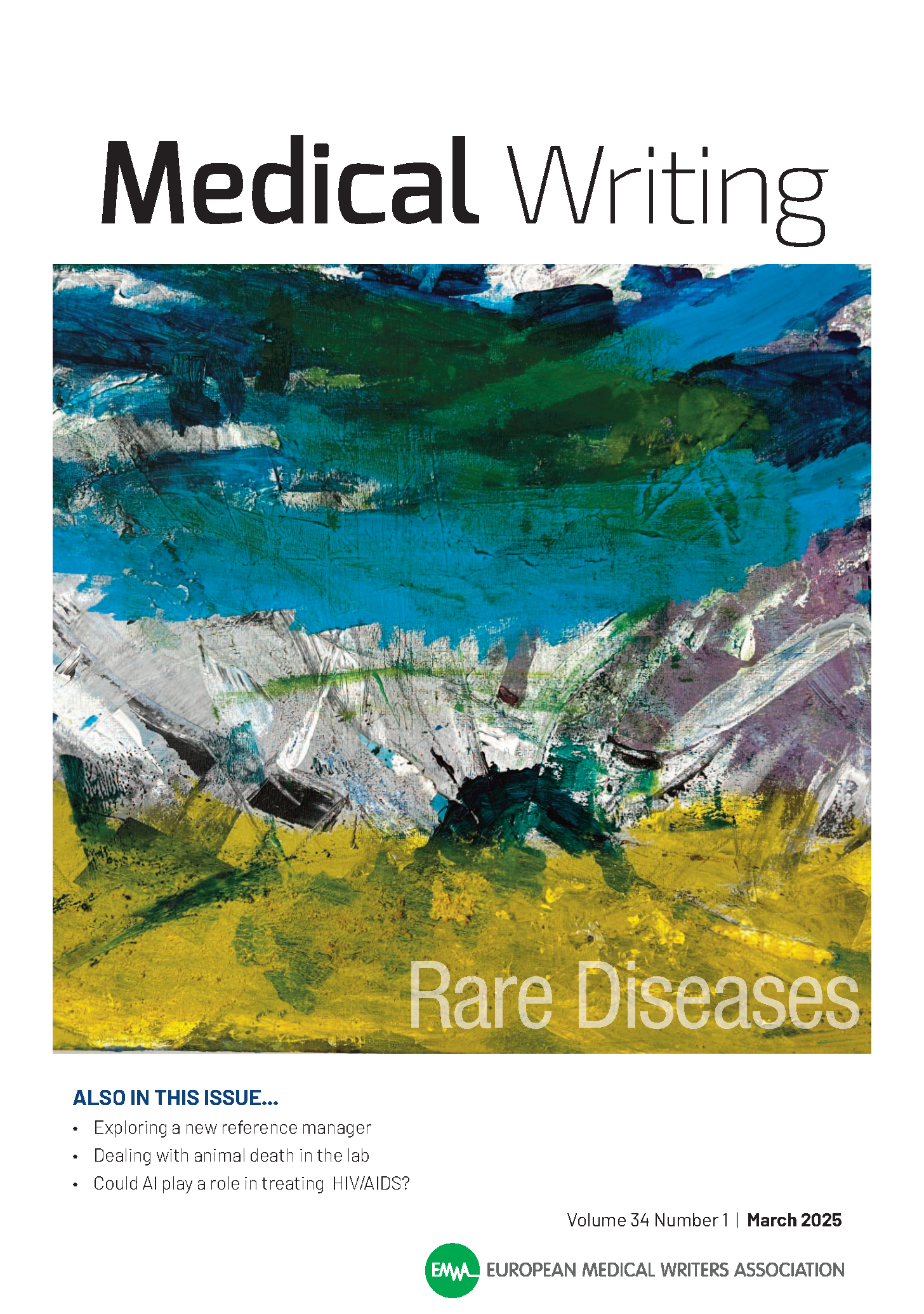
Volume 34, Issue 1 - Rare Diseases
Innovative use of master protocols for pivotal studies in rare diseases
Authors: Philip Burridge, Julie Eastgate
Abstract
Recent years have seen the development of clinical study protocols that introduce more complex design features into the usual gold-standard randomised controlled trials (RCTs). Complex protocols are potentially useful for drug evaluation in the setting of rare disease indications, to optimise the efficiency of investigational drug development. They often involve a development of a master protocol alongside disease-specific sub- protocols. This article describes an approach used to develop a complex protocol for a Phase 3 trial involving an investigational treatment being studied for use in two distinct rare diseases. In a somewhat unusual approach, detailed subprotocols were developed that contained all information required by the investigator, while the master protocol highlighted differences between the subprotocols and provided rationale justifying use of a complex study design. Use of complex study designs aims to promote efficiency in the clinical investigation process but also needs to offer optimal clarity to both study investigators and regulatory reviewers.
Medical Writing. 2025;34(1):32–35. https://doi.org/10.56012/lmmt8627
 Download the full article
Download the full article
Search
Articles
Links
Editoral Board
Editor-in-Chief
Co-Editors
Senior Editor
Victoria White
Managing Editor
Alicia Brooks Waltman
Associate Editors
Section Editors
AI/Automation
Biotechnology
Digital Communication
EMWA News
Freelancing
Gained in Translation
Getting Your Foot in the Door
Good Writing Practice
Pablo Izquierdo / Alison McIntosh
In the Bookstores
Publications
Medical Communications/Writing for Patients
Medical Devices
My First Medical Writing
News from the EMA
Pharmacovigilance
Regulatory Matters
Regulatory Public Disclosure
Louisa Ludwig-Begall / Sarah Kabani
The Crofter: Sustainable Communications
Veterinary Writing
Editors Emeritus
Layout Designer
Chris Monk
 Visit the EMWA website
Visit the EMWA website